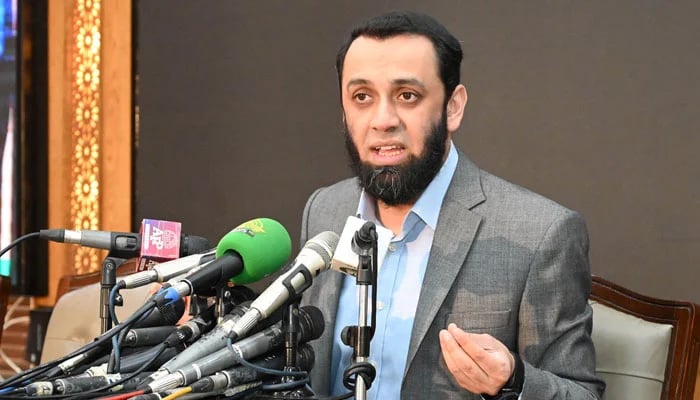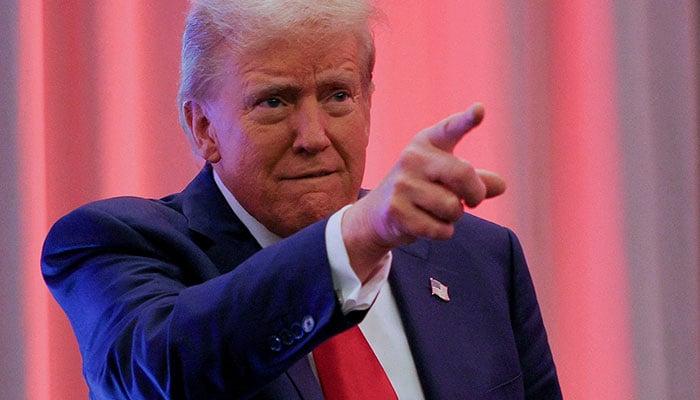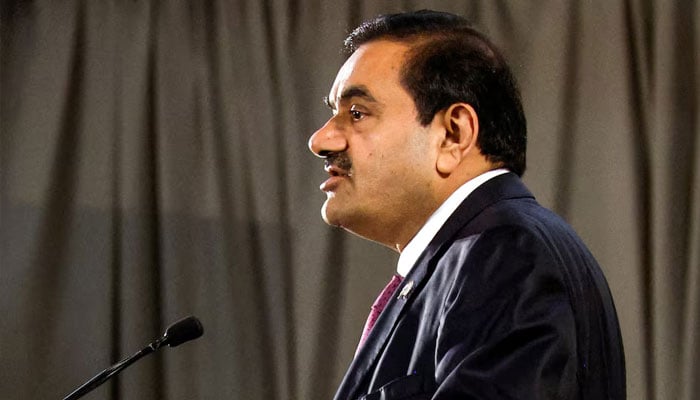

Information Minister Ataullah Tarar has said that PTI founder Imran Khan is unlikely to walk free despite securing bail in the new Toshakhana case.
“There is no chance of the PTI founder’s release,” the information minister said while speaking to Geo News on Wednesday.
Tarar said that the case regarding the selling of state gifts was being heard in a trial court and that sufficient evidence was available against the PTI founder. “The trial is yet to be concluded,” he added.
He further noted that the “bail can be cancelled” in case of non-cooperation on Imran's part, particularly if he emulates his wife, Bushra Bibi, who has a history of such conduct.
The information minister reiterated that case would continue for a long time.
Addressing the possibilities of Imran Khan’s release, Tarar said the PTI founder had not received bail in eight FIRs related to the May 9 mayhem when the party and its members targeted defence structures, including monuments for the martyrs.
“Release for him is not possible; there are many other cases he needs to secure bail in,” he said while speaking to Geo News.
When asked about negotiations between the federal government and PTI leadership, Tarar questioned, “Even if there were negotiations, who would guarantee that PTI will remain peaceful?” citing the party's history of violating peaceful protest norms.
The minister’s remarks came following a major development ahead of the looming November 24 protest by Pakistan Tehreek-e-Insaf (PTI). The Islamabad High Court (IHC) on Wednesday approved the bail plea of party founder Imran Khan in the Toshakhana case.
Justice Miangul Hassan Aurangzeb of the IHC accepted Khan’s bail plea against two surety bonds worth Rs1 million each, which must be submitted by separate guarantors.
The PTI founder is no longer wanted in any other case within Islamabad’s jurisdiction following this development.
Meanwhile, the IHC directed the ousted prime minister to appear before the trial court after securing bail. “The bail can be cancelled if you [Imran] do not cooperate with the trial court,” the court added.












